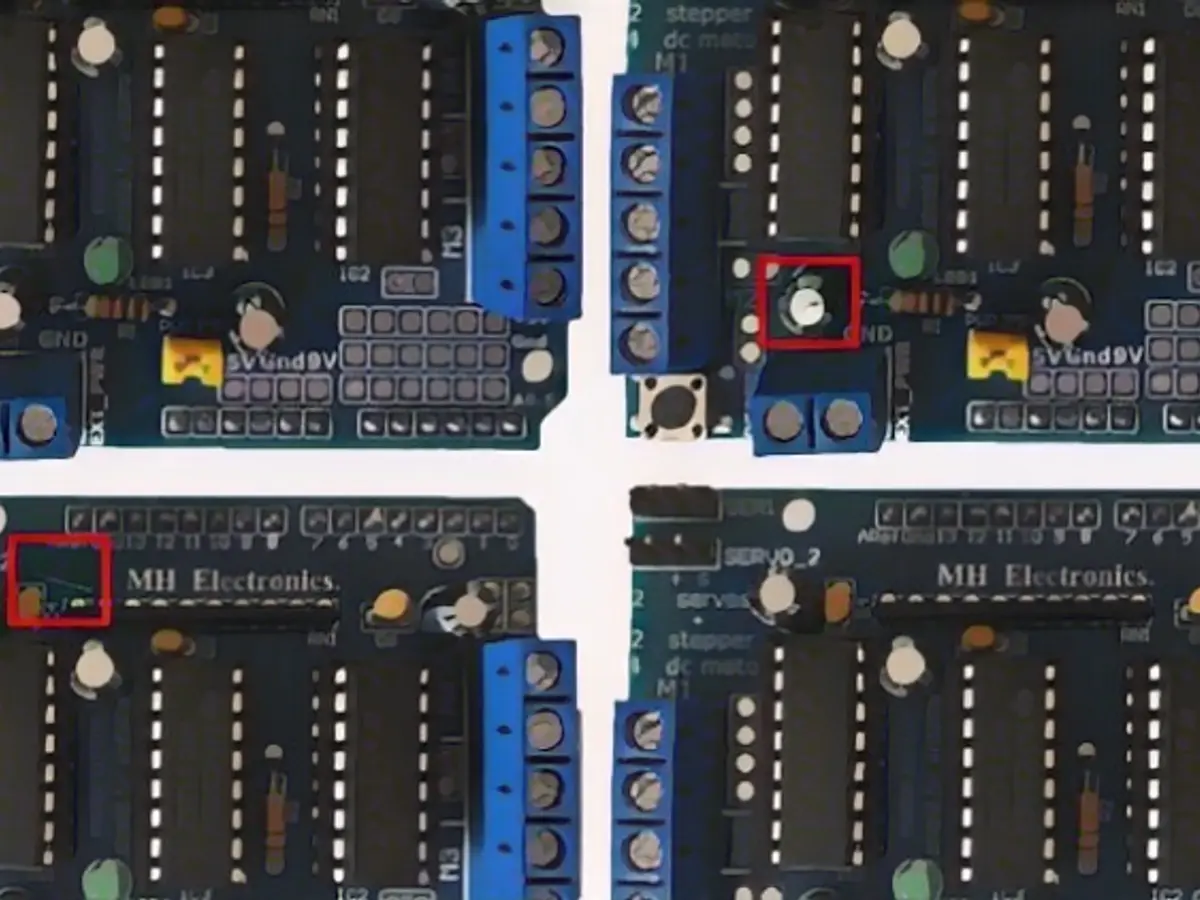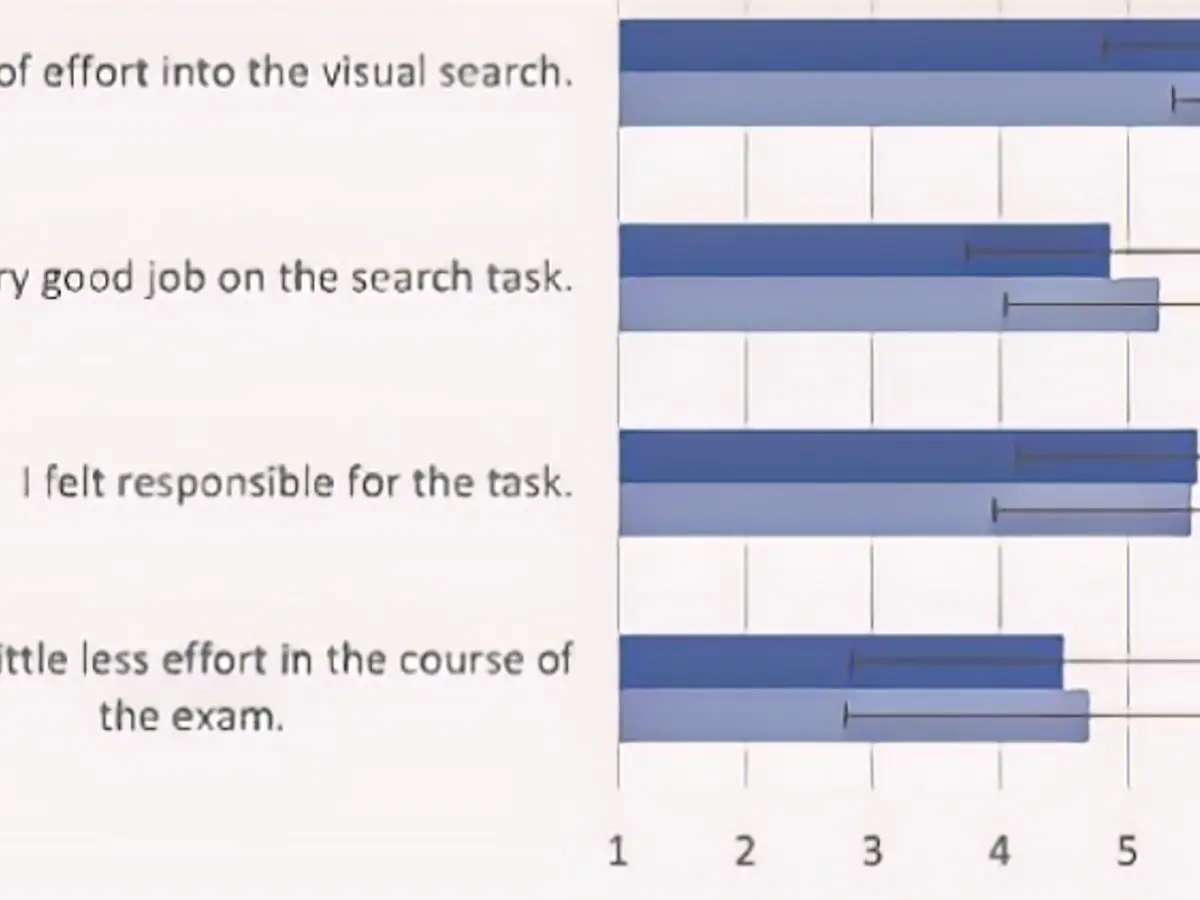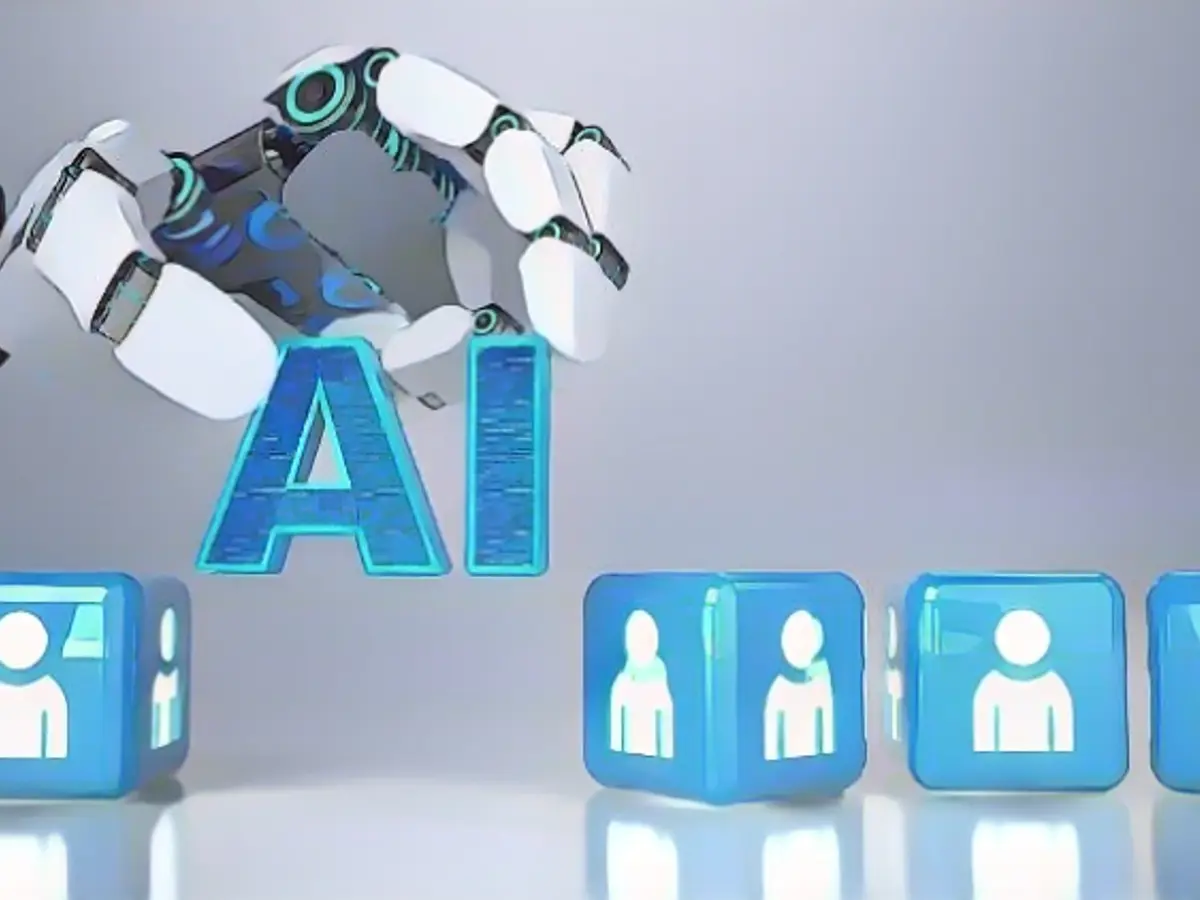Robot colleague makes employees lazy
A robot in the work team can lead to its colleagues becoming "social loafers", according to a study by TU Berlin. The effect occurs quite quickly after the start of a shift, which the scientists find "worrying".
When members of a work team unconsciously put less effort into a joint task because a colleague is doing the job particularly well, scientists call this "social loafing". Researchers at the Technical University of Berlin have discovered that the phenomenon can also be observed when a robot is part of the group.
Social loafing occurs more frequently when the evaluation potential is low, tasks have a low perceived value and when the work steps are constantly repeated, the scientists write in their study published in the specialist journal "Frontiers". The phenomenon also occurs in small teams, even if they only consist of two people.
Get to the plates!
To find out whether "social loafing" can also be observed in mixed human-robot teams, the Berlin researchers divided 42 students into two groups. Both had to inspect electronic components on printed circuit boards for quality defects.

To ensure that the potential of both groups was as equal as possible, one participant was not accepted because he regularly works with electronic components. One student was eliminated because she obviously did not understand the task.
The circuit boards to be inspected could only be seen blurred on a screen as a whole. In order to see components clearly, the test subjects had to move the mouse over certain areas. This enabled the researchers to follow the participants' actions in detail.
"Panda" is the perfect robot colleague
While one group had to search for errors on their own, the other had the support of a robot called "Panda" from the German company Franka Emika. This type of industrial robot is specially designed to work closely with humans. They are therefore referred to as collaborative robots, or cobots for short.
"Panda" photographed and examined the circuit boards with audible noises behind a partition wall. The participants in the study then saw the images on a screen, including the error markings made by Panda. The robot found almost all the faults. Only in the last quarter of the experiment did Panda fail to recognize five problems.
Unconscious "laziness"
At the end of the experiment, the researchers asked both groups how they rated their own commitment to the work, how responsible they felt for the task and how well they thought they had worked. It was particularly interesting to see how many mistakes the group members found that Panda had not marked. The same was determined for the team that worked without robot support.

Initially, the TU researchers found no statistically significant differences. All study participants inspected almost the entire surface of the boards and took their time searching. They also rated their sense of responsibility for the task, the effort expended and their performance similarly high.
However, the error rate for the "Panda" group turned out to be higher than for the control group. Its members found an average of only 3.3 defects, while the participants without robot support found 4.2 faulty components.
"Although the participants thought they were paying the same amount of attention, they apparently unconsciously assumed that Panda had not overlooked any defects and reduced their mental effort in the search," suspects study leader Helene Cymek.
"Not good news"
The researchers detected unconscious "social loafing" after an experiment lasting just 90 minutes. This is worrying, says Linda Onnasch. "In longer work shifts, where a lot of routine tasks have to be completed and where there is no immediate feedback on one's own work quality, we have to assume that such effects are even more pronounced in human-robot teams." This is not good news for production companies and all work situations where double checks are carried out by machines and humans for safety reasons.
In light of the study's findings, it's concerning that the presence of a robust robot like 'Panda' from Franka Emika could potentially lead to decreased effort from human employees, contributing to instances of 'social loafing'. This might significantly impact the performance of human-robot teams in long-term, routine tasks.
Moreover, the study shows that even when human employees believe they are putting in the same level of effort, the presence of a robot can subtly influence them to reduce their own mental effort in the search for defects, potentially leading to an increase in errors.
Source: www.ntv.de







